
One hundred fifty Fellows from nine locations gained increased knowledge on factors impacting regional security during the Asia-Pacific Orientation Course (APOC 15-3).
Gaining increased knowledge of the regional security environment, 150 U.S. and international Fellows completed the Asia-Pacific Orientation Course (APOC 15-3) Sept. 4 at the Asia-Pacific Center for Security Studies.
The five-day APOC provides an overview of regional trends in socio-economic, political, defense, health and environmental arenas and how they interrelate. Attendees are generally junior- to mid-grade military members and their civilian counterparts in various security-related fields. The course equips security practitioners with enhanced knowledge used in decision making and policy formation.
U.S. Coast Guard Lt. Cmdr. Warren Wright, with Hawaii’s 14th Coast Guard District, praised an APOC 15-3 curriculum that facilitated information cross-flow. “What I enjoy is the ability to hear from subject matter experts in an environment that includes colleagues from different regions…some of the very regions we’re covering.”
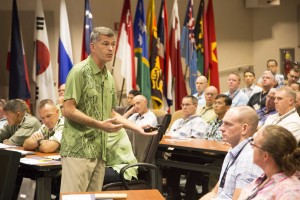
Dr. William Wieninger leads a discussion on inclusion in the Women, Peace and Security session at the Aug. 31 – Sept. 4 Asia-Pacific Orientation Course.
“The course is designed to build interconnectivity among the Fellows,” added course manager U.S. Navy Cmdr. Alan Chace. “As they share perspectives on challenges and opportunities at the macro- and sub-regional levels, they see how multinational, multi-organizational and even individual linkages are required to enhance stability and development. This is woven throughout our curriculum and supported by our guiding principles of inclusion, mutual respect and transparency. “
Fellows in the Aug. 31 – Aug. 4 iteration learned through a combination of plenary discussions, electives and seminar sessions that allow them to share perspectives and form valuable connections with their peers.
Among 13 topical discussions were “Security, War, and the Strategic Effects of the Law in the South China Sea” with APCSS Associate Dean of Academics Dr. Justin Nankivell, and “Security Dynamics in Oceania,” led by professor Dr. Alfred Oehlers.
In the latter, Oehlers guided Fellows in examination of security issues associated with a region that covers 11.5 million square miles, includes the sub-regions of Micronesia, Melanesia and Polynesia, and stretches from Easter Island in the Eastern Pacific to New Guinea in the Western Pacific. He addressed how economic, political and social conditions drive the region’s security environment and discussed the nature of U.S. engagement in the area.
“It was a good summary of the issues and trends in the region,” said Joanna Clarke, an analyst with the New Zealand Ministry of Defence. Clarke related that because her nation is a key player in Oceania, she found it beneficial to gain others’ perspective on the region, describing Oehler’s views as insightful and a good look at how the region’s future is evolving.
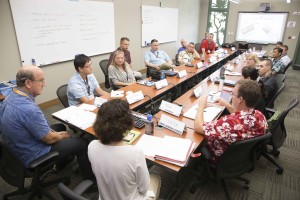
Asia-Pacific Orientation Course (APOC 15-3) Fellows discuss trends and issues impacting peace and stability in the Asia-Pacific region during one of five seminar sessions.
Clark and fellow attendees also had their choice of 14 elective titles to include “How Terrorist Groups End” by Dr. Chris Harmon; “Latin America and the Asia-Pacific,” by U.S. Navy Lt. Nick Matchek; and “Russia and the Asia-Pacific: Before and After the Ukraine Crisis,” by Dr. Rouben Azizian.
APOC 15-3 Fellows hailed from Australia, Brunei, Canada, Japan, New Zealand, Singapore, South Korea, Taiwan, and the United States. Taiwan sent its largest cohort yet to an APCSS course with 19 participants. It was also the Center’s largest representation from a single location other than the United States.
APOC is one of six formal courses at APCSS. The center is a Department of Defense institute that addresses regional and global security issues. Military and civilian representatives, most from the United States and Asia-Pacific nations, participate in a comprehensive program of executive education, professional exchanges and outreach events, both in Hawaii and throughout the Asia-Pacific region.
The Center supports U.S. Pacific Command by developing and sustaining relationships among security practitioners and national security establishments throughout the region. APCSS’ mission is to build capacities and communities of interest by educating, connecting and empowering security practitioners to advance Asia-Pacific security. It is one of the Department of Defense’s five regional security studies centers.
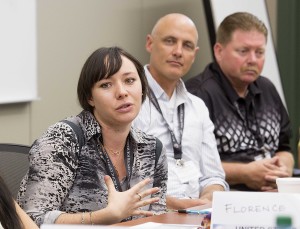
Anna Koestenbauer, policy officer with Australia’s Department of Defence, provides her security perspective during a seminar session Sept. 2 at the Asia-Pacific Center for Security Studies. Koestenbauer participated as a Fellow in the Asia-Pacific Orientation Course (APOC 15-3).
Since opening in 1995, more than 9,500 alumni representing over 122 countries and territories have attended APCSS courses and workshops.
-END-


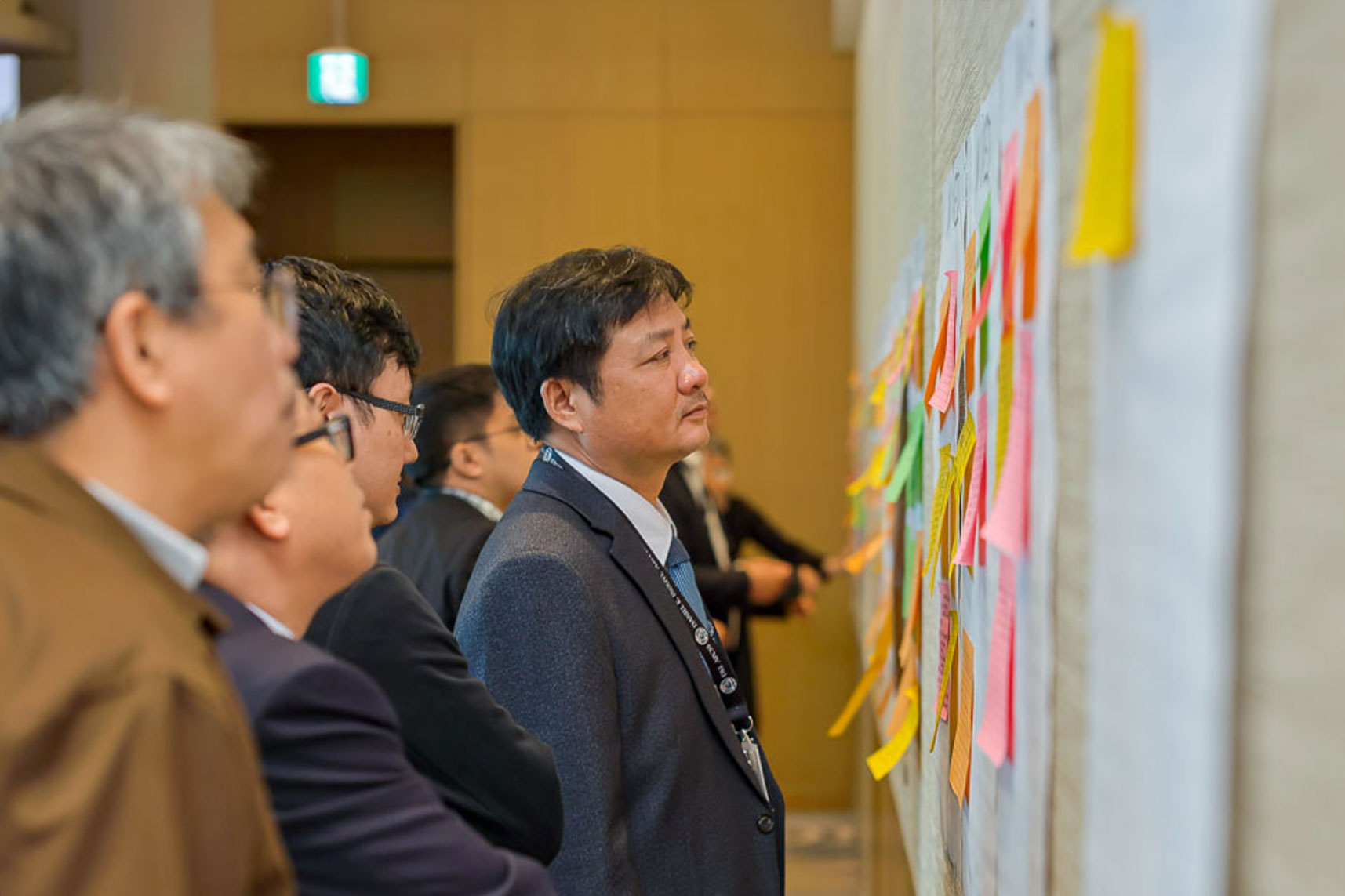
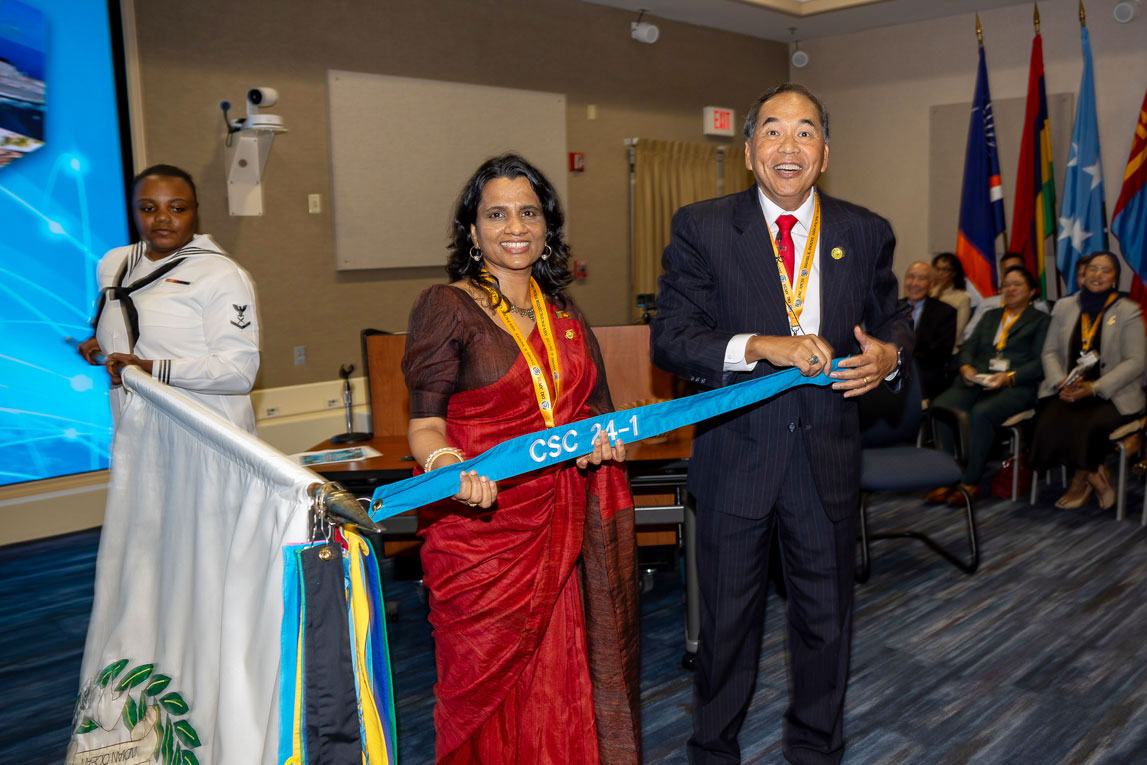
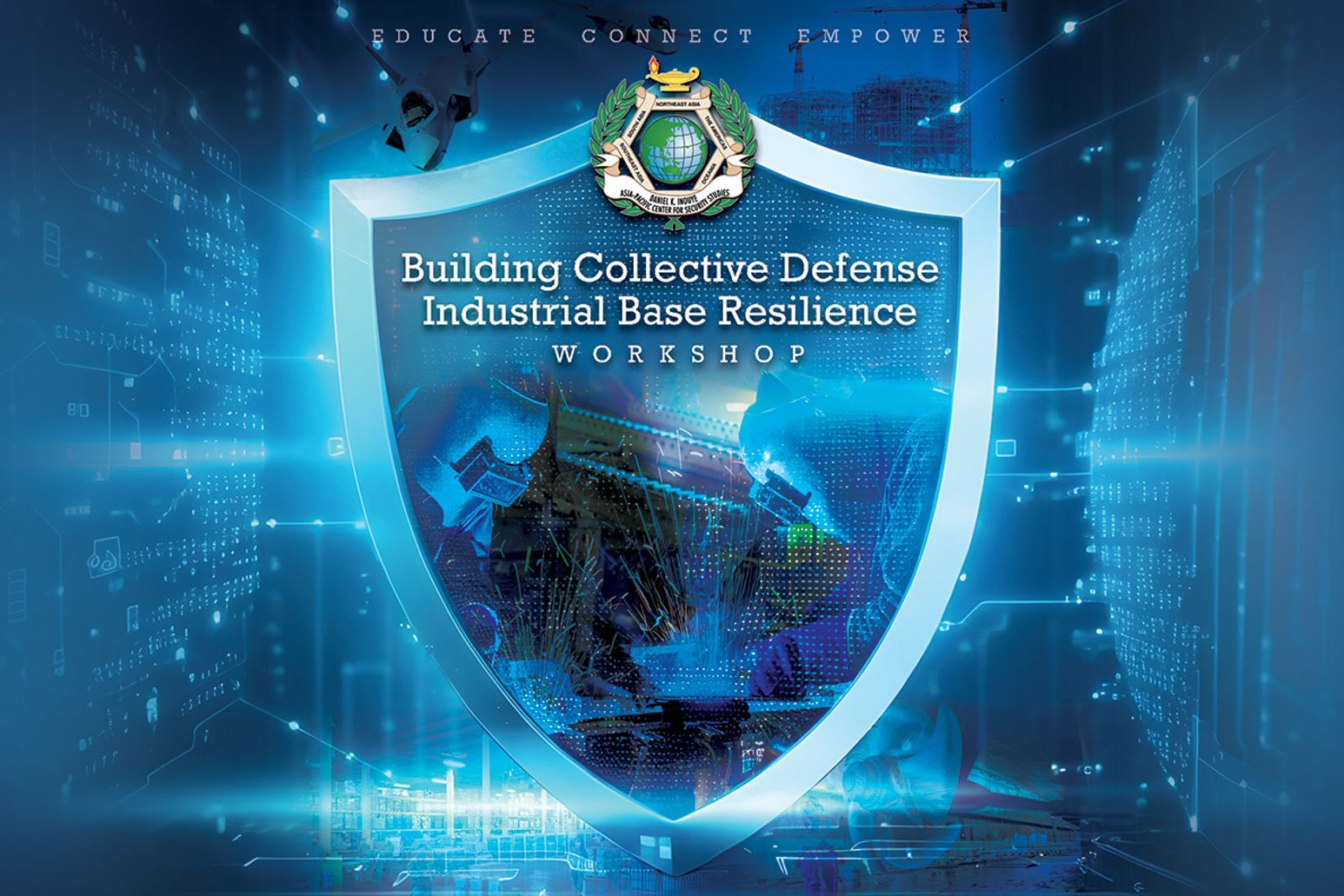




Leave A Comment